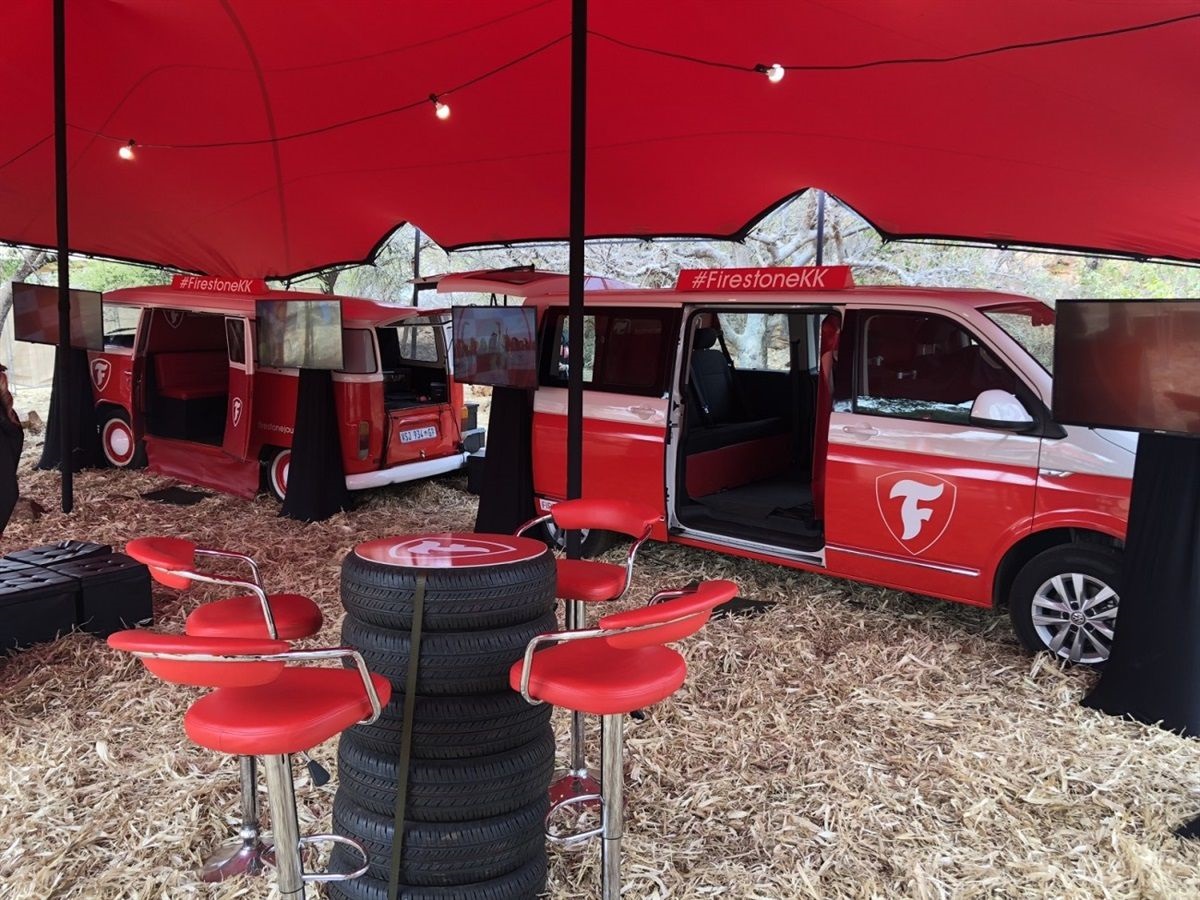Heritage month is all about the stories, buildings and places that define us as South Africans. But given our divided past, we have few of these in common
Heritage month is all about the stories, buildings and places that define us as South Africans. But given our divided past, we have few of these in common - one reason why the Madiba story has become such a powerful one. But one category has great potential to help strengthen a shared heritage for all of us - those brands that mysteriously encapsulate something of what it is like to live in this country.
Now, at a time in which so many forces seek to divide us, one could argue that these shared brands should be celebrated for the universal South Africanness they embody. We could all probably list several brands that fit this description.
Some international brands have also acquired a distinctly South African flavour, often because they are manufactured here and have been marketed in a distinctly South African way.
One of these brands is Firestone. It’s an American icon, founded in 1900 by Harvey Firestone who was a friend of Henry Ford. As a result, Firestone became the first mass producer of tyres.
It entered the South African market in 1930 and built its first factory in Port Elizabeth in 1936 - the facility continues to operate to this day. After disinvestment, the South African operation was acquired by Murray & Roberts, which launched the Supa Quick franchises which still constitute the retail channel of Firestone. Bridgestone acquired Firestone globally in 1997.
This international brand has thus become a part of the South African scene by dint of long association and, it must be said, because of the 1980s home-grown advert featuring the jingle, “Them Stones, Them Stones, Them Firestones”. The ad was produced on the tightest of budgets, and featured props and actors drawn from the staff.
One of our challenges these days is to refresh the brand for a very adventurous market in which first-time car buyers - one of our key target markets—are predominantly young and trendy. For this market, we know the road is long and full of uncertainty, but we are there every step of the way, bringing new twists and turns to creating memories that stay with them forever. It’s the freedom to drive.
The Firestone Kombi Karaoke is becoming a familiar feature at music festivals around the country and is helping to make an old brand relevant to a new South Africa.
Firestone’s famous tyre-damage guarantee that covers damage due to poor road conditions, such as potholes, is another innovation that speaks to a distinctively South African character. We have built the Firestone name on the fact what we care about what we are giving to our customers, from products to services. We make sure we deliver the highest standard.
Brands like Firestone that are manufactured locally must be seen not only for their contribution to a shared culture, but also as key players in the economy. Our factories employ some 3 500 people, and our 260 Supa Quick franchises many more. More important, manufacturing has the highest multiplier effect of any sector. Every rand of sales of a manufactured goods support a higher value of output than other sector - the US figures are $1 dollar to $1.33 respectively.
Put simply, manufacturing jobs are especially valuable because they support the highest number of jobs in other sectors.
Like all South African manufacturers, Firestone is under threat from imports. In today’s economic climate, consumers are cash-strapped, and the cheaper prices are well-nigh irresistible - even though the quality might as yet not be as good. We have seen what happened to our clothing and textile industries, and we must not let it happen to our tyre manufacturing. One solution is for the manufacturers to invest in working smarter, but they need help from the Government to ensure that the sector is properly regulated to ensure an even playing field.
Heritage brands are important as a way to strengthen our common South African culture - but they also have a very hard value as creators of employment and providers of economic stimulus. We should celebrate them, but also give thought to how to protect them.
We have grown with South Africans over the years and we have a firm place in the minds of our customers. We are dependable but flexible, continuously evolving to fit with the trends.

















































